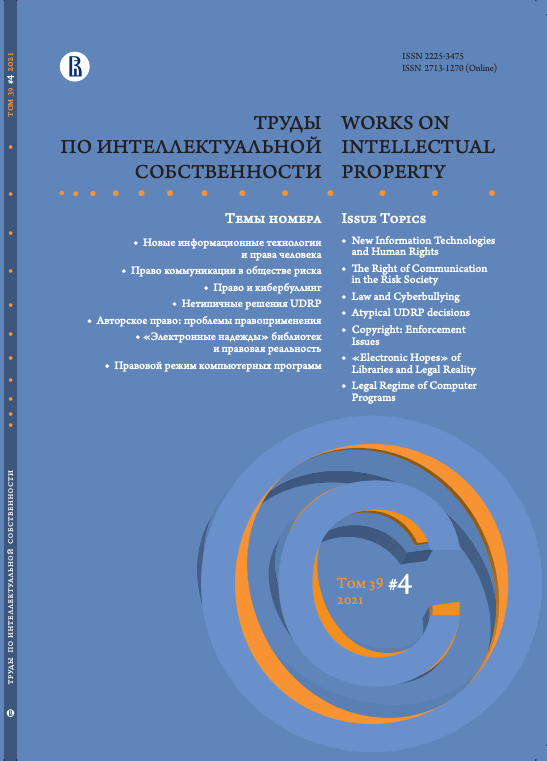THE RIGHT TO PRIVACY IN ISLAMIC LAW
Abstract
Despite the differences in the understanding of the relationship between religion and law and their place in the social-normative system of the state, most experts agree that religion, along with morality and law, is a normative-regulatory system that ensures the ordering of social processes through their conscious obedience to established rules. The religiously normative attitudes of Islam, in their essence, are social imperatives, expressed in the corresponding norms of the Muslim’s behavior. Although, within the framework of this article, the task is not to determine the importance of religion for the social regulation of human behavior in modern society, it should be noted that in some countries, public and political life is focused on religious traditions and is based on Islamic (Muslim) law, which is one of the main world systems of law (along with continental and Anglo-Saxon). The all-encompassing nature of Islam is clearly manifested in the Shariah, represented by a system of rules governing the religious and secular behavior of a person, including Islamic dogma and ethics, as well as the rules of human behavior in all spheres of life. The study of such norms within the framework of Sharia is a special science — fiqh. This term designates not only the specified area of Islamic knowledge, but also the rules of external behavior of people developed by it. This science is often called Islamic jurisprudence, and the norms formulated by it are called Islamic (Muslim) law, although not all of them are legal. This article is devoted to the analysis of the approach of modern Islamic legal thought about the right to privacy and an attempt to consider the institution of protection of personal data of an individual through the prism of the concept of protection of the home in Islamic law.


